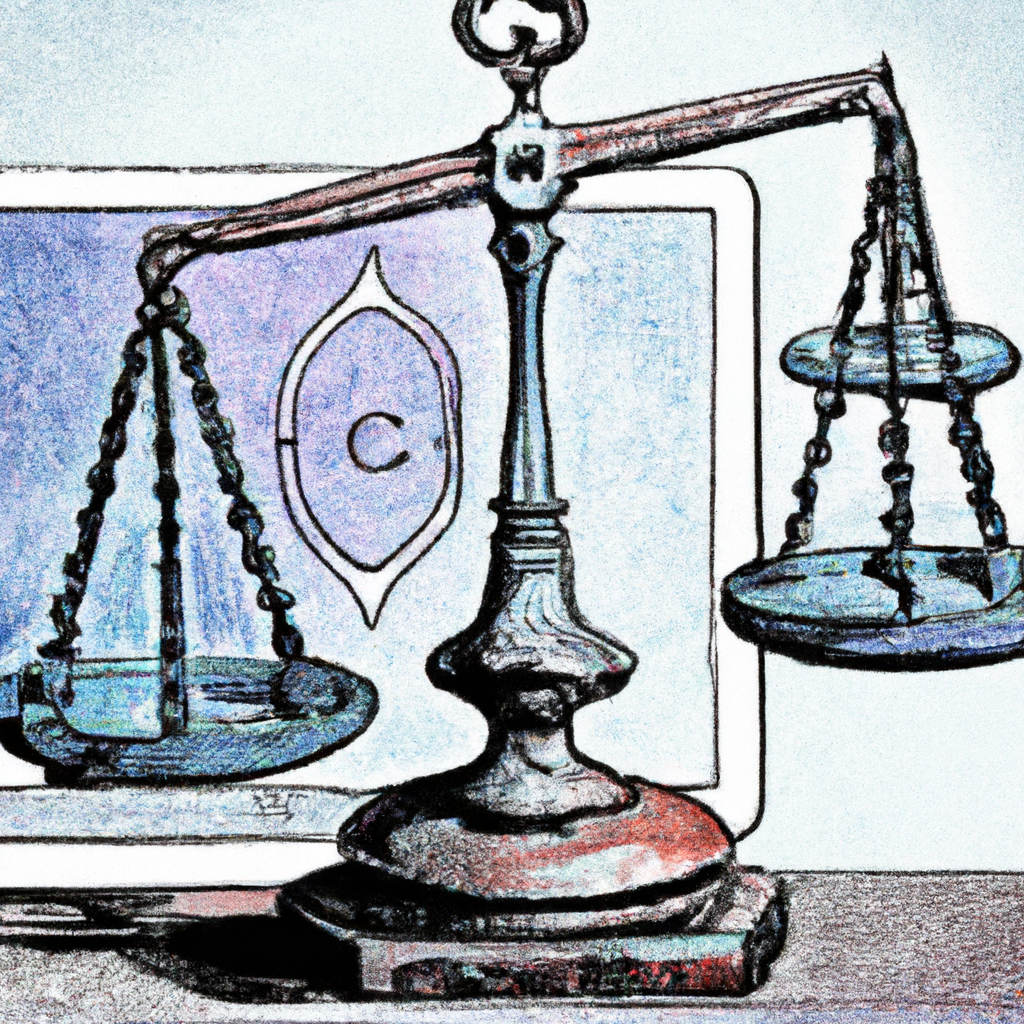Dear Readers,
AI plays a crucial role in our blog, helping us manage our time more effectively to keep the content flowing. While AI assists with content creation, which may lead to occasional spelling or grammar errors, our primary goal remains clear: to deliver meaningful insights to you. For important matters, please consult a specialist.
Thank you for your understanding and support.
Best regards,
Education.com.cy
Summary
This article delves into the ethical and unethical uses of psychometric tools and social media analytics. It aims to provide a comprehensive understanding of how these tools can be leveraged responsibly to benefit individuals and organizations while highlighting potential pitfalls and unethical practices. The discussion is structured to offer insights into the principles of ethical use, real-world applications, and the consequences of misuse.
Introduction
Psychometric tools and social media analytics have become integral in various fields, including human resources, marketing, and personal development. These tools offer valuable insights into human behavior, preferences, and potential. However, their use raises significant ethical concerns. This article explores the ethical frameworks guiding the use of these tools and examines instances of both ethical and unethical practices.

Main Sections
- Understanding Psychometric Tools and Social Media Analytics
Definition and Purpose
– Psychometric tools are designed to measure psychological attributes such as intelligence, personality traits, and aptitudes.
– Social media analytics involves the collection and analysis of data from social media platforms to understand user behavior and trends.
Ethical Principles
– Informed consent: Ensuring individuals are aware of and agree to the use of their data.
– Confidentiality: Protecting the privacy of individuals’ data.
– Fairness: Using tools in a way that does not discriminate or harm individuals.

Find out how the strategies discussed in the article
"How Teaching a Song Can Improve Your Child’s Learning and Well-Being"can help address internet addiction in children and teens.
- Ethical Uses of Psychometric Tools and Social Media Analytics
Human Resources
– Enhancing recruitment processes by matching candidates’ profiles with job requirements.
– Example: A company using psychometric tests to identify the best candidates for leadership roles.
Marketing
– Creating personalized marketing strategies that cater to individual preferences.
– Example: A brand using social media analytics to tailor advertisements to specific audience segments.
Personal Development
– Helping individuals understand their strengths and areas for improvement.
– Example: Career counseling services using psychometric assessments to guide clients.

- Unethical Uses of Psychometric Tools and Social Media Analytics
Privacy Violations
– Collecting and using data without individuals’ consent.
– Example: A company mining social media data without user permission to target ads.
Discrimination
– Using psychometric data to unfairly exclude certain groups from opportunities.
– Example: An organization using personality tests to filter out candidates based on biased criteria.
Manipulation
– Exploiting data to influence individuals’ decisions unethically.
– Example: Political campaigns using social media analytics to spread misinformation.

- Case Studies and Real-World Applications
Case Study 1: Ethical Use in Recruitment
– A multinational corporation implementing psychometric assessments to improve diversity and inclusion in hiring.
Case Study 2: Unethical Data Mining
– A social media platform facing backlash for unauthorized data collection and its impact on user trust.
Case Study 3: Ethical Marketing Practices
– A startup using social media analytics to create value-driven marketing campaigns that respect user privacy.

Conclusion
The ethical use of psychometric tools and social media analytics is crucial for maintaining trust and integrity in various fields. While these tools offer significant benefits, it is essential to adhere to ethical principles to avoid misuse and potential harm. By understanding and implementing ethical practices, individuals and organizations can leverage these tools responsibly to achieve positive outcomes.

Thank you for reading our article on Ethical and Unethical Uses of Psychometric Tools and Social Media Analytics. We highly value your feedback and invite you to take a brief survey to share your thoughts and experiences. Your responses will be kept confidential.
Dear Readers,
Welcome to my blog, where technology, music, and visual arts come together to spark creativity and growth. By subscribing, you’ll become part of a vibrant community committed to exploring and learning in these areas.
Select the type of engagement that suits you best:
Join us and enjoy tailored content and direct support suited to your interests.
Confidentiality Statement: Your responses will be kept confidential and used solely for the purpose of improving our content and resources. We will not share your personal information with any third parties.
